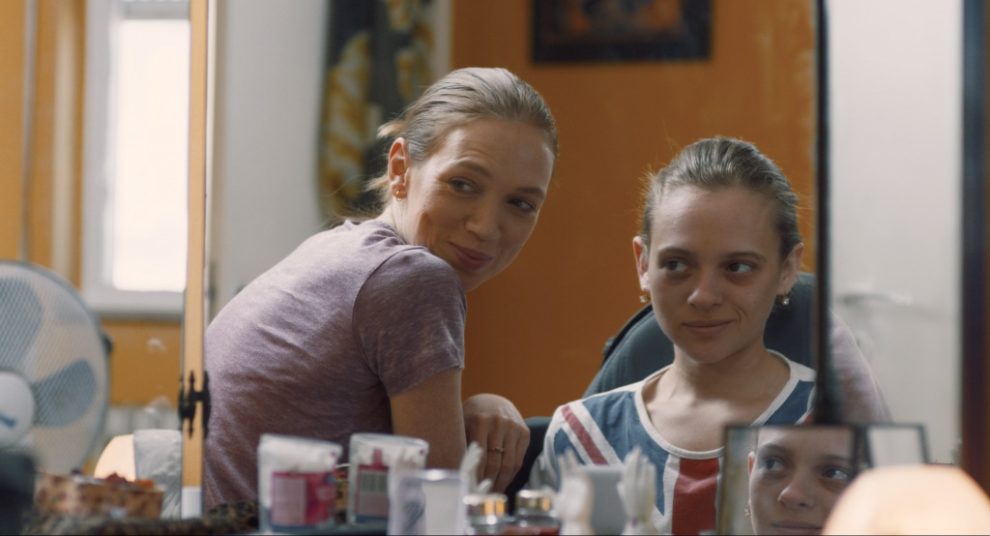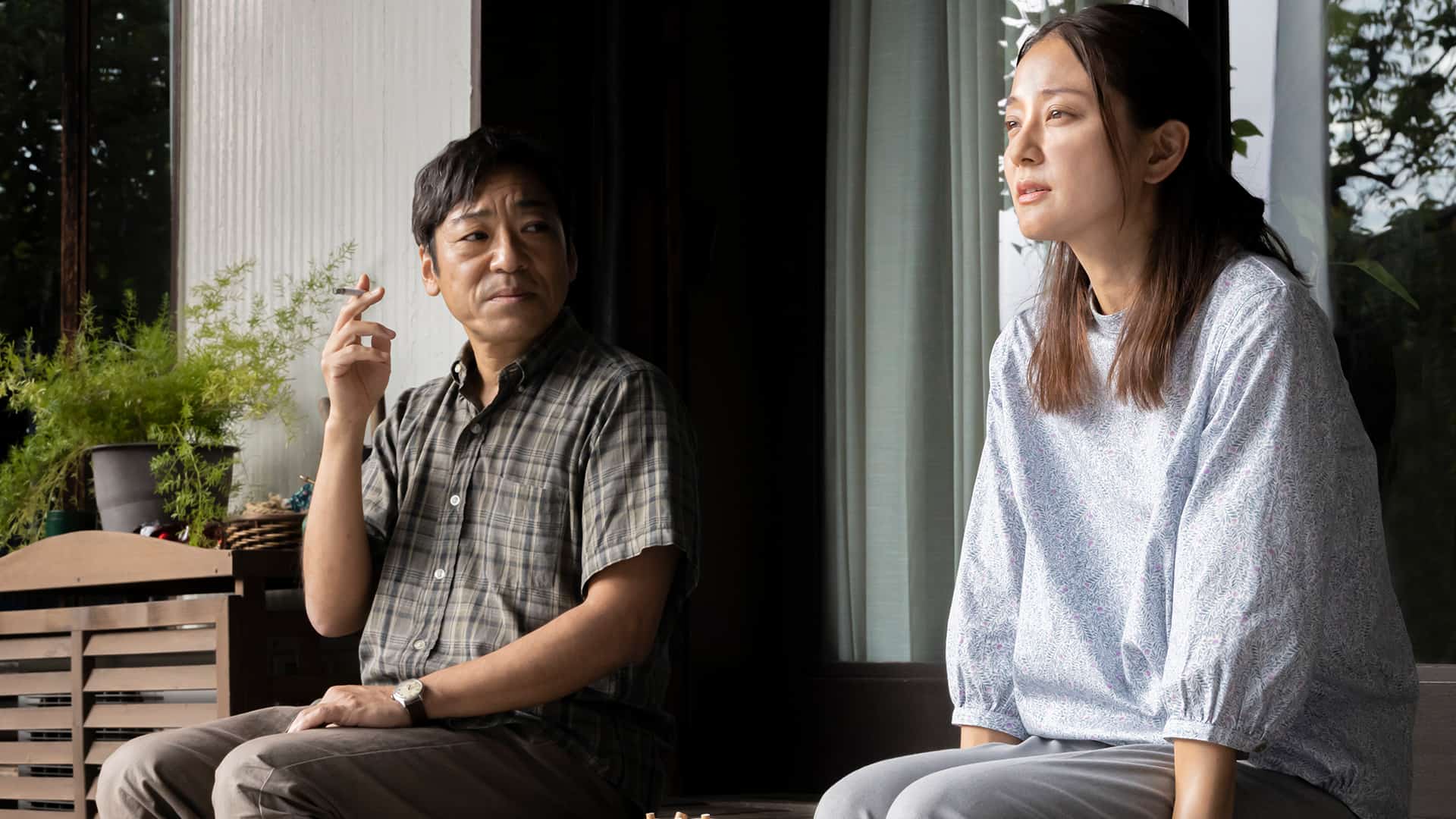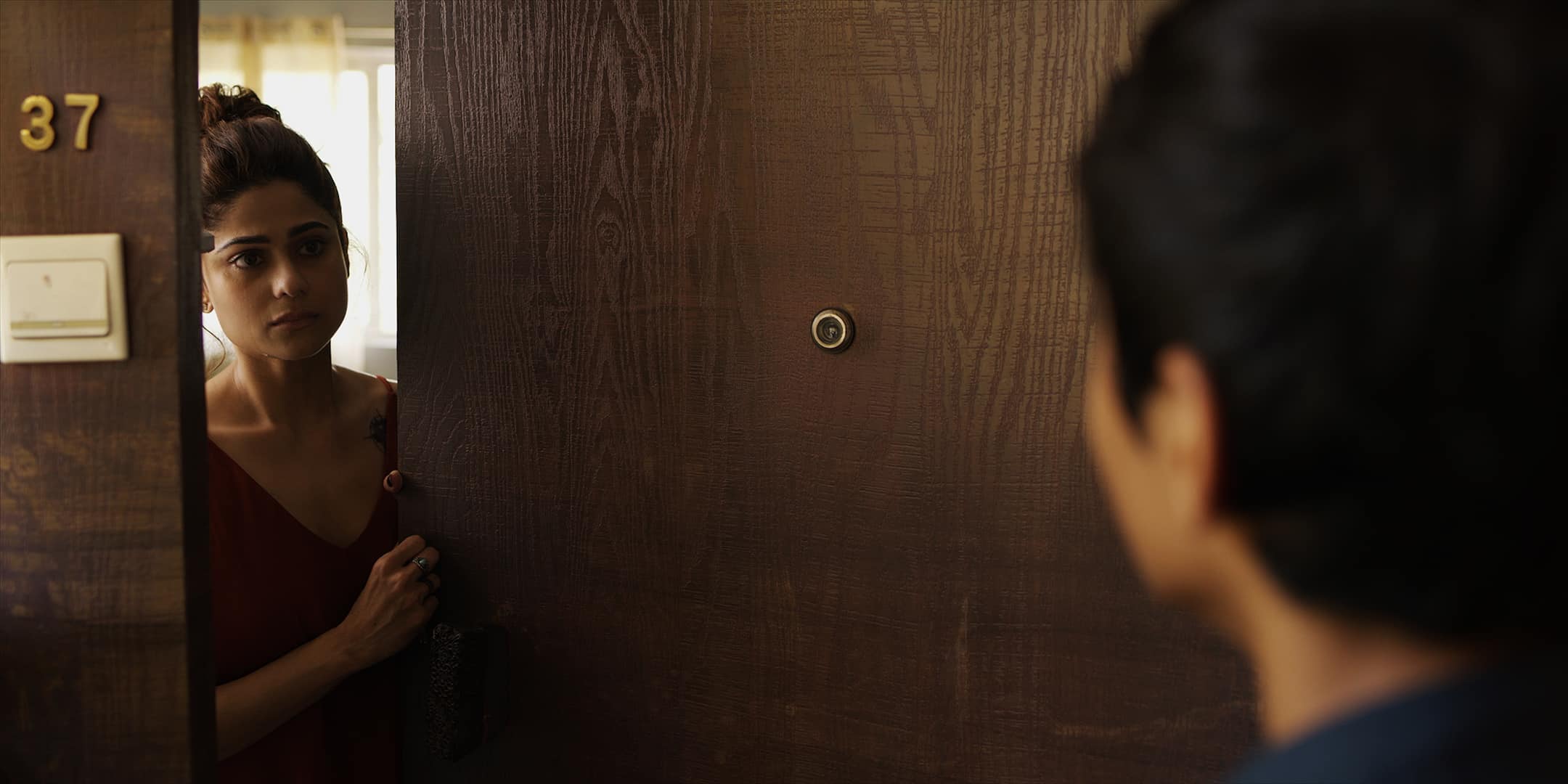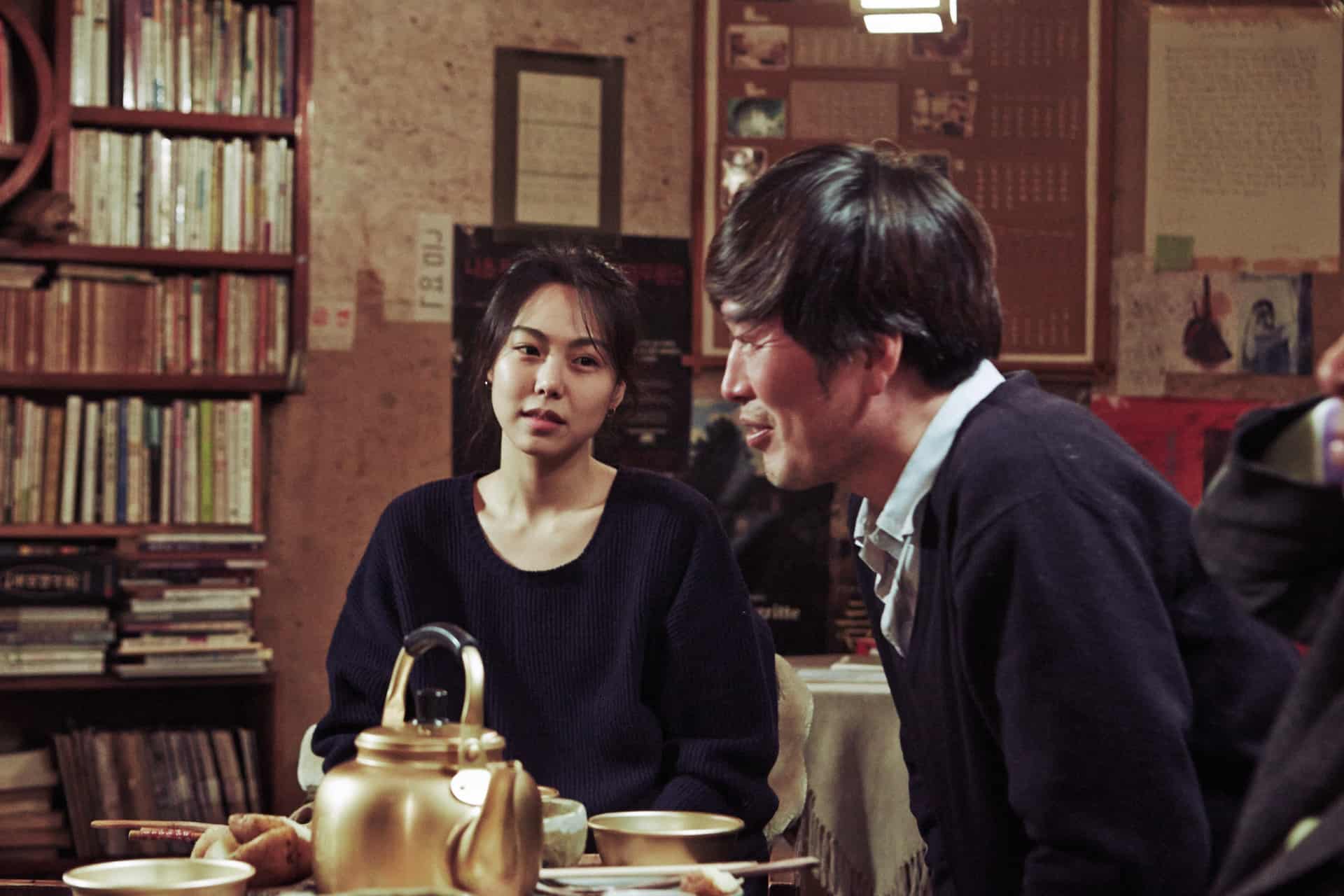In many dramas there is a certain notion to capture the development of a person who is weak, emotionally or physically, into someone who becomes stronger and eventually manages to leave behind whatever struggle it is that is holding them back. While this kind of tale is quite encouraging and will be the foundation of many productions in the future, it denies the paradoxical concept of the strength that lies in showing weakness and admitting helplessness since this is, after all, also a very human experience. It is precisely this idea which represents one of the core themes of Israeli director Ruthy Pribar's feature debut Asia, which has already been honored with the Nora Ephron Award upon its screening at Tribeca Film Festival. Inspired by the director's biography, the experience of her sister's illness and ultimate passing, “Asia” tells a story about grief and loss, but also how realizing one's powerlessness can create a strong bond between two people, or re-establish it.
“Asia” is screening at International Filmfestival Mannheim-Heidelberg
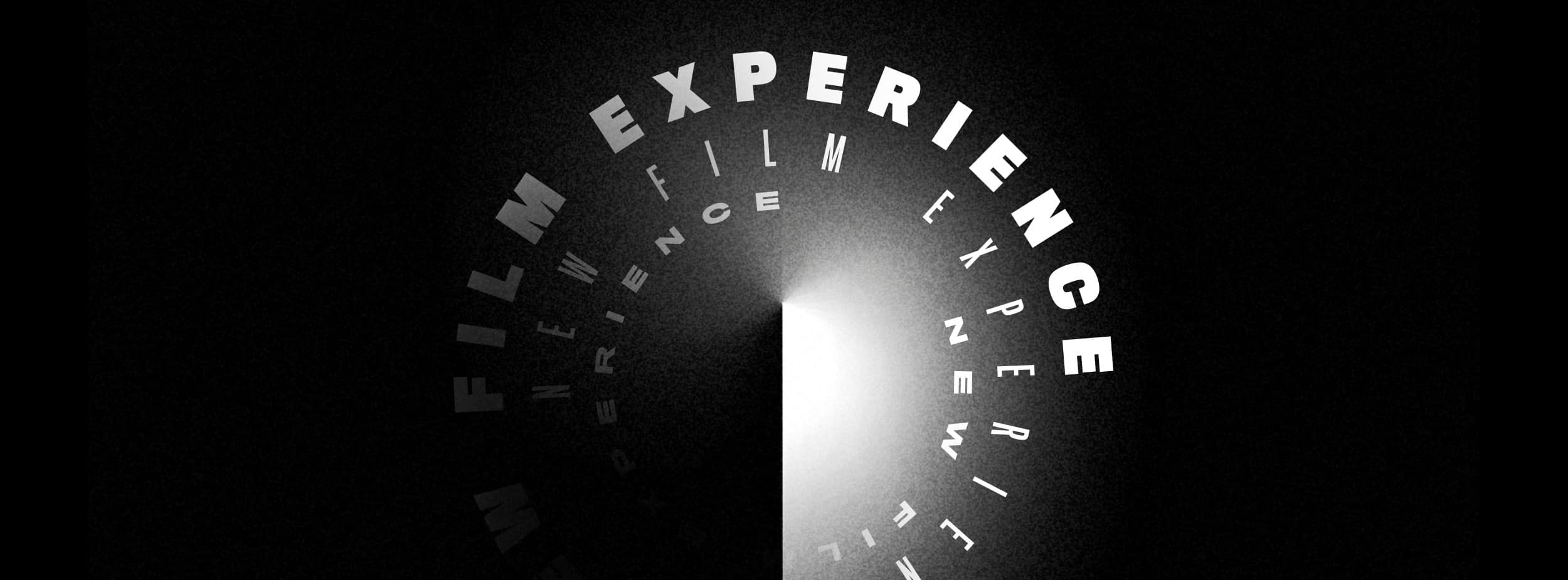
Asia (Alena Yiv) is a single-mother living in Jerusalem with her teenage daughter Vika (Shira Haas). Her job as a nurse keeps her occupied most days, especially because she also takes care of an elderly resident in the apartment block where they live. Thus, apart from early in the morning and late at night, she does not see her daughter, who spends most of her days hanging out with her friends in skater parks or in the city, drinking and chatting. However, as Vika's health deteriorates, due to an illness she has since birth, Asia is forced to give up her daily routine to be there for her daughter. After another serious attack, a doctor tells Asia some devastating news: Vika is terminally ill and as the next weeks go by she will lose control over her bodily functions and eventually stop breathing. Taking whatever vacation she has left and dividing her shifts at the hospital with her colleagues, Asia tries to get by, using whatever time she has left with Vika to re-connect with her.
Much like in all of our lives, the experience of helplessness is also quite painful for characters like Vika and her mother. Used to helping people as a profession is what drives Asia, which carries a bitter irony, since support is what her daughter desperately needs trying to cope with the illness, but also the experience of growing up. However, both of their lives are defined by this drive for independence, this need to progress which has driven them apart, which is emphasized by the structure of the film showing the lives of the two women as mostly separate narratives (at least for the first half).
Interestingly, the experience of powerlessness and allowing weakness, is what brings the two women together again. As the possibilities to experience what is normal for any teenager become impossible to fulfill, it also sets the foundation for an approach between the two characters. In this regard, the acting of Alena Yiv and Shira Haas has to be mentioned as one of the highlights of “Asia”, who, apart from a certain similarity physically, have a believable chemistry as mother and daughter going through one of the toughest times one can think of.
Aside from the acting, it is also the concise nature of “Asia” which sets it apart from other similar productions. Not wasting time with the usual stereotypes and pitfalls, most importantly, their excessive duration and tendency towards redundancy, director Ruthy Pribar manages to make her points clear in under 90 minutes. This is also thanks to the well-timed editing by Neta Dvorkis and Daniella Nowitz' cinematography, which thankfully relies on the images rather than the words, as well as simple gestures often speaking louder than words could.
“Asia” is a touching, intimate family drama by Ruthy Pribar. Thanks to its formal brilliance and its cast, it tells a story which carries quite the emotional punch for its audience.


